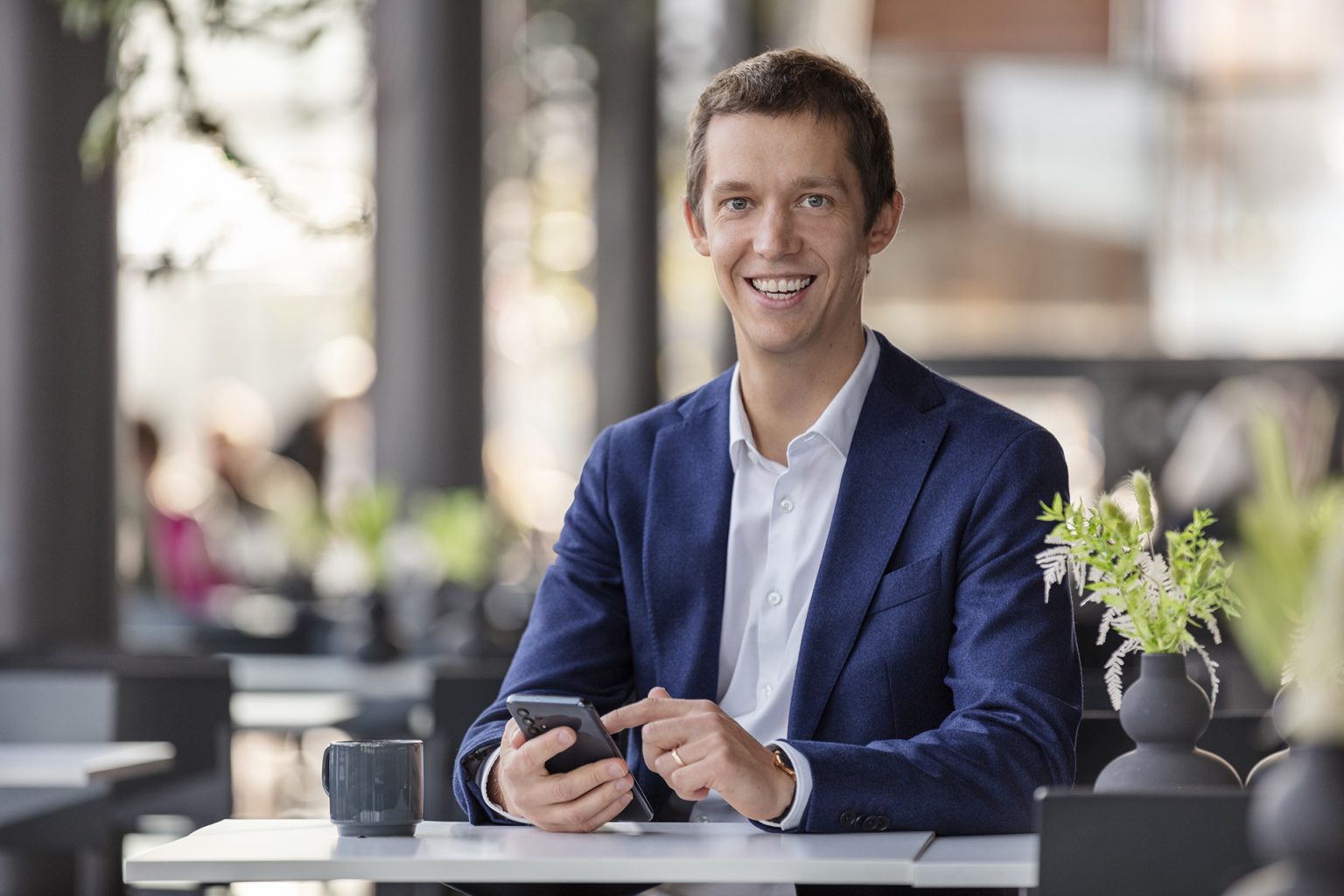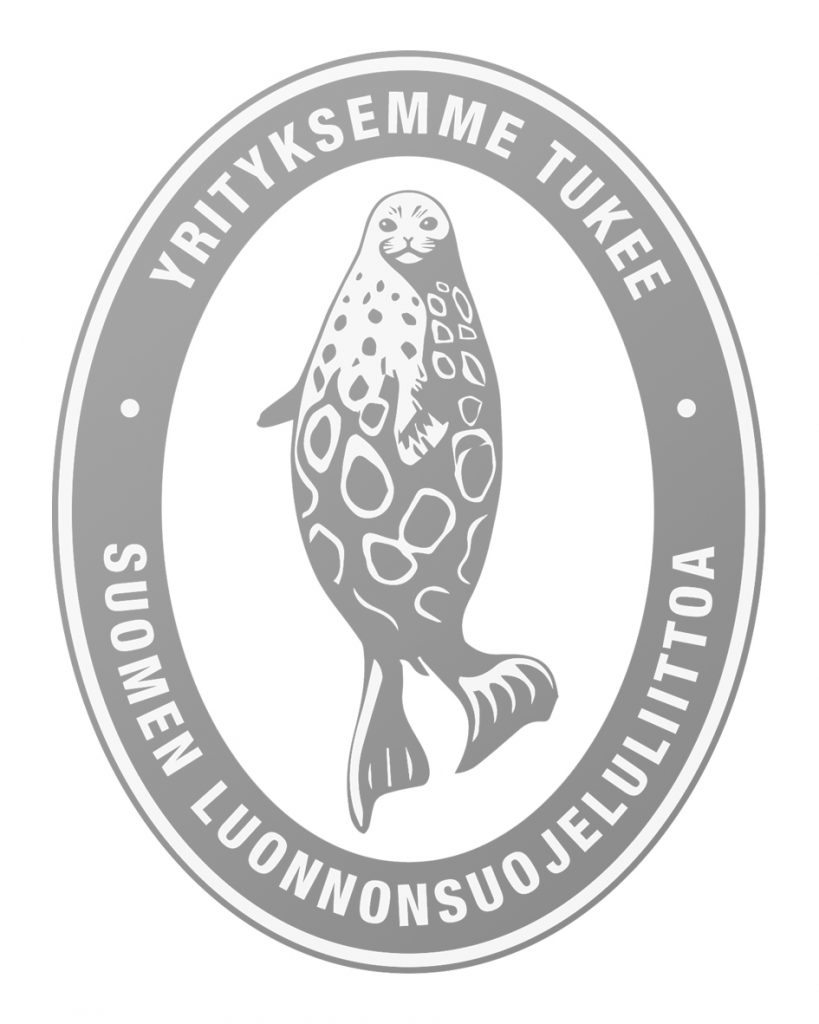Belgian Geert Van Moer has lived happily in Finland with his family since 2018. For the assistant professor, research and teaching are always on his mind – except when he practices ice swimming in cold showers or plays toddler soccer with his family.
According to his own words, Geert Van Moer, an assistant professor working at Hanken School of Economics, could talk about economics ”at any time of the day”. He wants to remind that, contrary to common misconception, economics is not about maximizing profit or increasing income, but about the well-being of consumers and the overall society:
“The electricity market is traditionally seen as an engineering field, but economics also has a lot to say. How can we promote competition so that the consumer benefits as much as possible? How can we speed up the energy transition and, at the same time, ensure security of electricity supply? When should mergers between big companies be allowed? We are interested in such questions in economics”, Van Moer says.
The prisoner’s dilemma sparked interest in strategic interaction
The assistant professor recalls the moment when his interest in the field first arose:
“When I was young, I happened to read the book Economics for Dummies, which talked about the so-called prisoner’s dilemma. The dilemma immediately piqued my interest: according to it, prisoners may end up betraying each other, even if cooperation would achieve a more beneficial result from their joint perspective.”
His interest led him to first study business administration for a couple of years, after which he switched to economics. Since then, Van Moer has completed two master’s degrees and defended himself as a doctor at the Belgian University of Antwerp. After completing his PhD, Van Moer moved to Finland in 2018 to work as an assistant professor at Hanken in Helsinki.
Van Moer’s work lies in the field of industrial economics. While his earliest studies focused on electricity markets and the issue of market power, nowadays, his research focuses more broadly on competition economics and themes such as subcontracting, joint bidding, common ownership, and sustainability agreements.
“Should competition authorities allow for agreements between companies regarding, for example, a new environmental standard? Does such cooperation really promote the well-being of the environment, or it is better to insist that companies operate on their own? It’s funny to notice that, perhaps through a small detour, I end up researching the topic that initially sparked my interest in economics, i.e., strategic interaction”, Van Moer reflects.
Authentic teacher inspires students to learn
At Hanken, Van Moer teaches two courses in the bachelor’s program, International Economics and Economics of Organisation and Information. Next spring he will also teach in the course Competition Economics at the master level.
“Research is a very important part of my work. The purpose of the research is also to support teaching, which is a matter of my heart. I really like to talk about economics. Luckily, teaching makes this possible brilliantly!” Van Moer laughs.
Van Moer says that he uses the same principles when doing research as when teaching: a clear structure and a simple enough presentation. He wants to bring mathematical models to students through real-life examples.
“I believe that teaching must be authentic and conversational so that students learn the most. Naturally, this also means a challenge for the teacher, as the lecturer must interact with the students and be genuinely present in the teaching”, he reflects.
Active family life and ice swimming
Thinking work requires physical activity, and that is something Van Moer loves to do both alone and with his family. Van Moer’s family includes his wife and 2- and 4-year-old children, with whom they often go outside: now the whole family is enthusiastic about toddler soccer. He also praises the Finnish daycare system:
“We think it’s great that children in Finland can go outside in day care twice a day! This is not a universal practice elsewhere in the world.”
Last winter, he has also gotten to know a completely new, very Finnish hobby:
“I’m so excited about ice swimming! What is particularly fascinating about it is how the body can control the perceived coldness and afterwards fully recover from it. I’ve tested ice swimming a few times, but I still must practice with cold showers”, he laughs.

